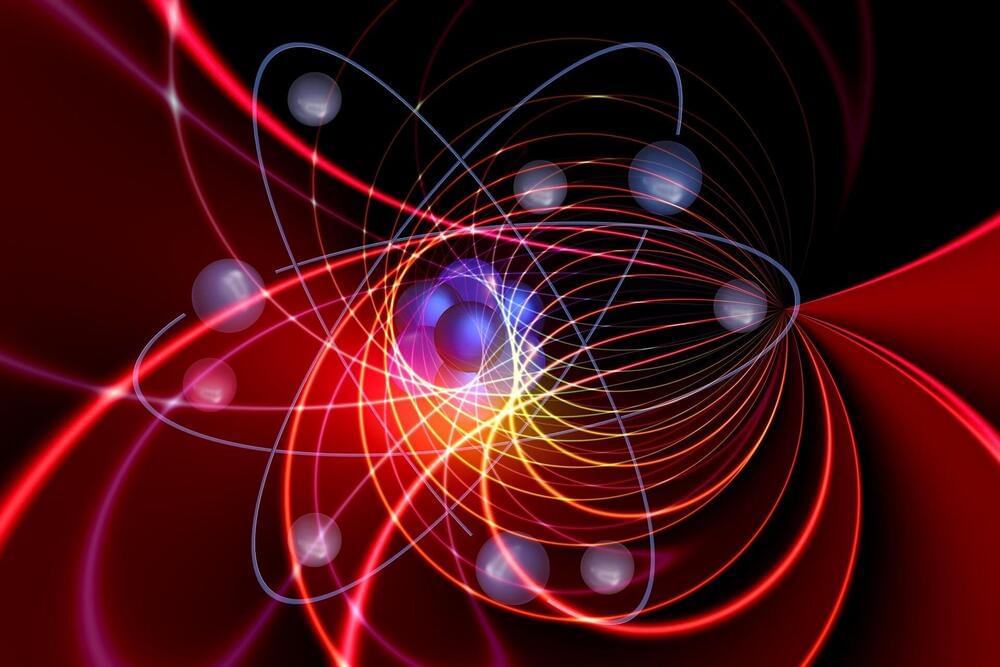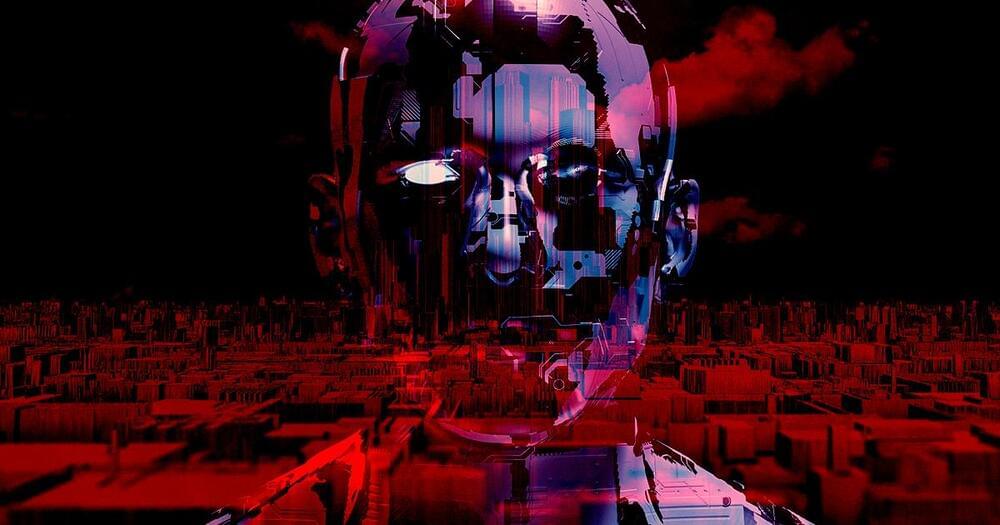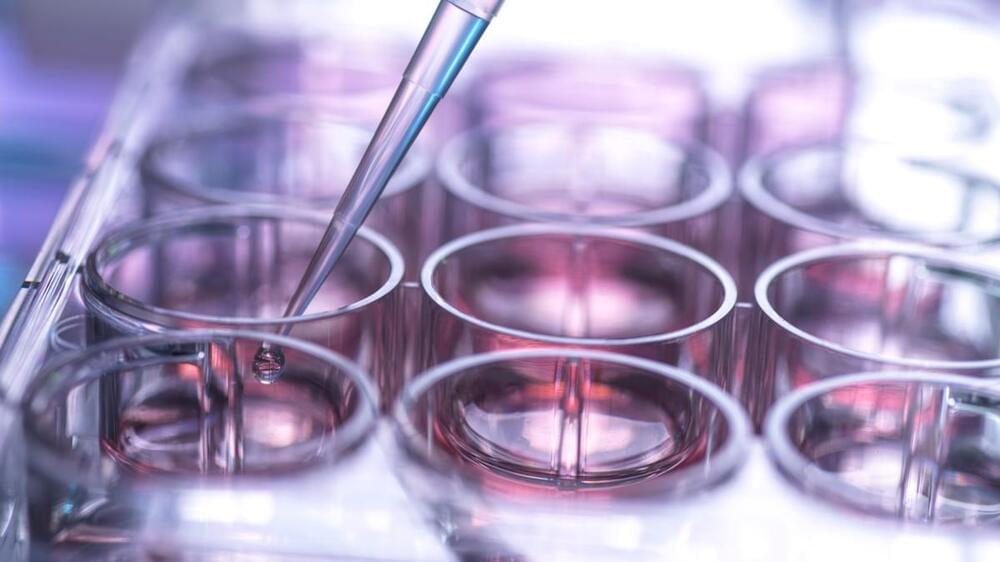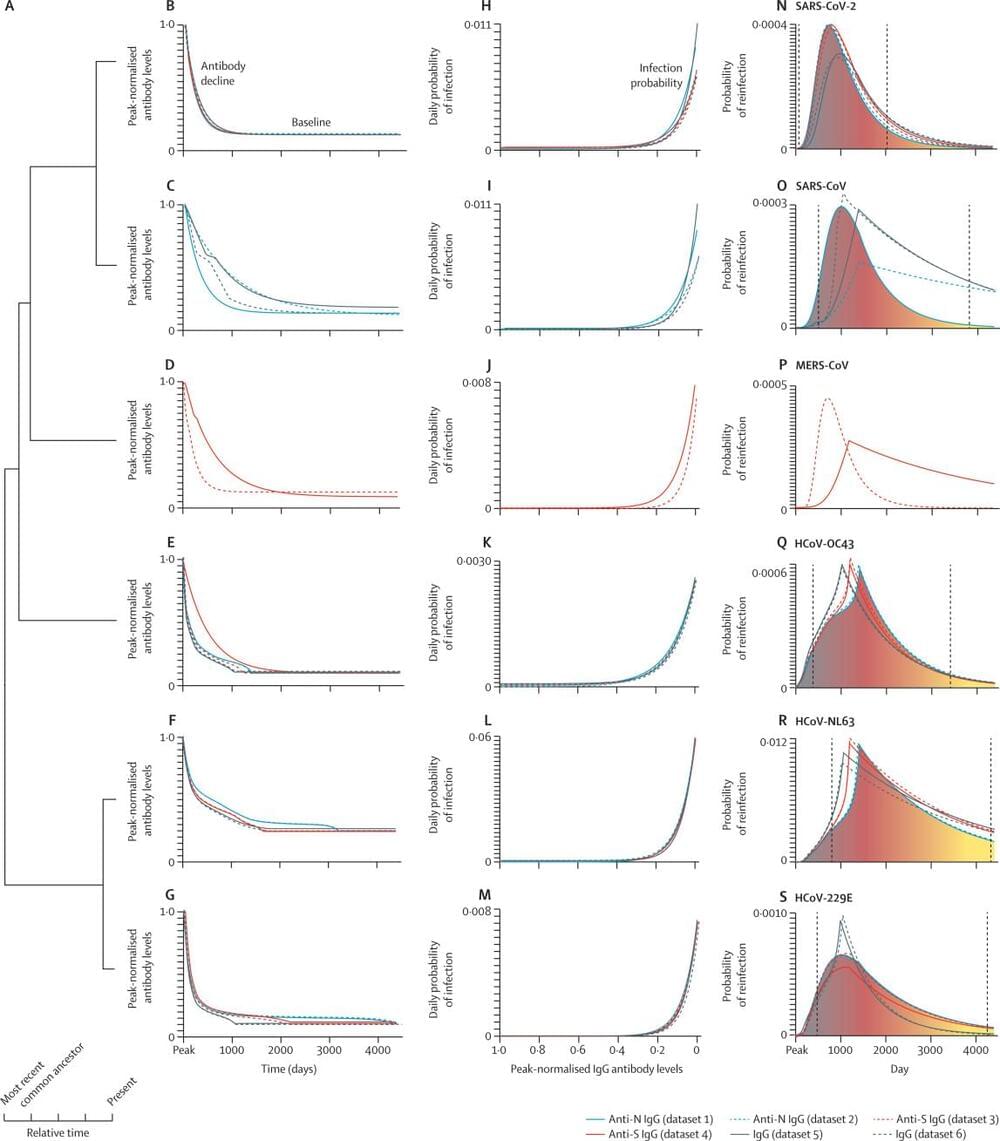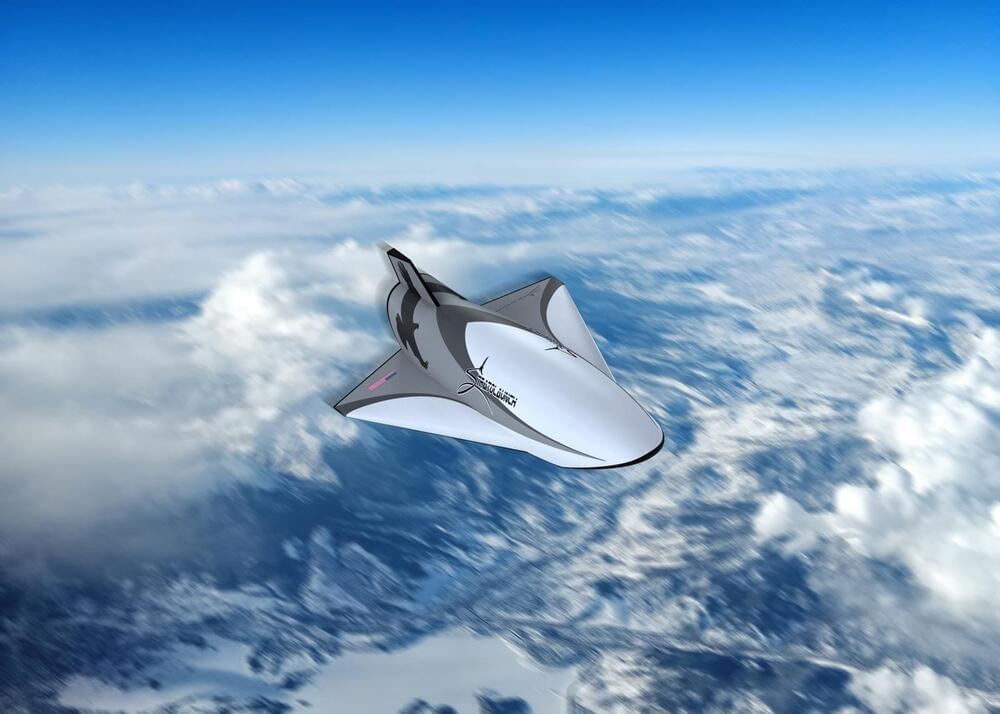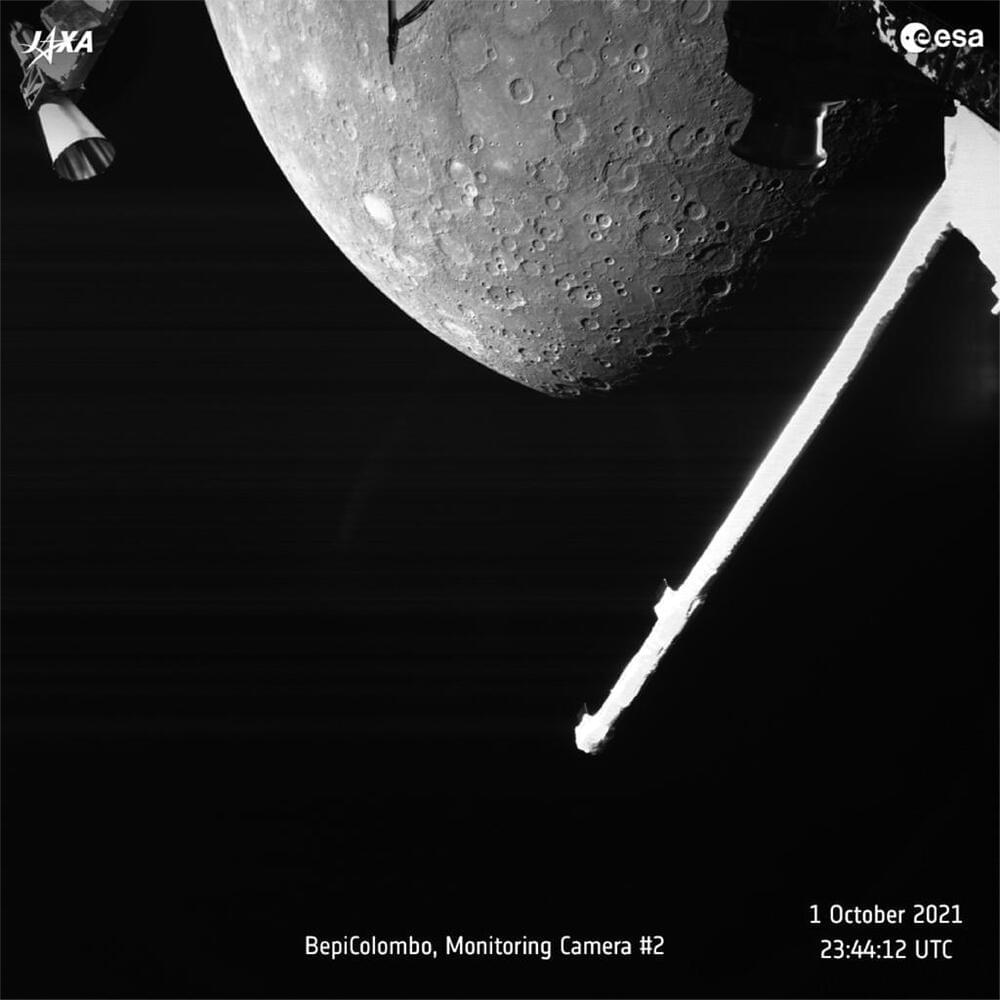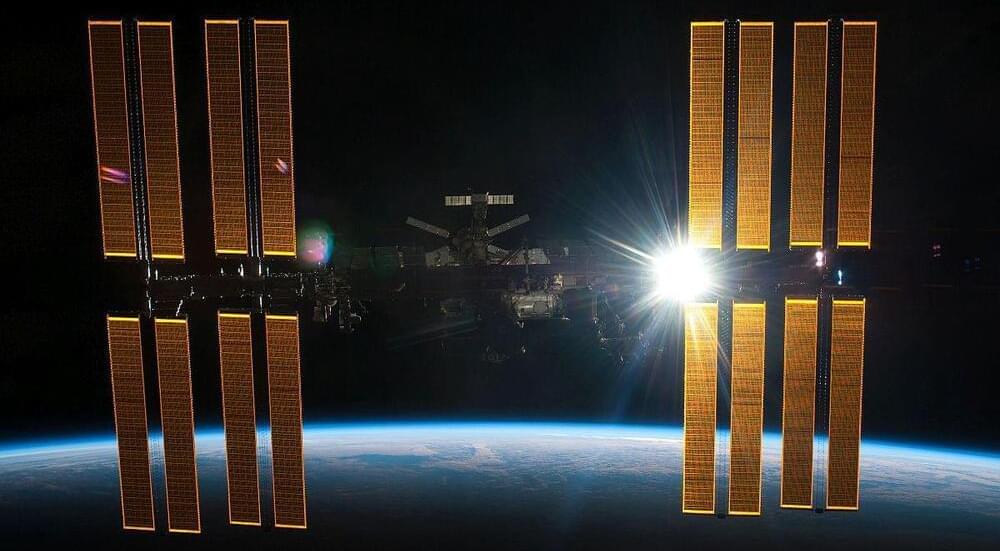Oct 2, 2021
Astronomers may have discovered first planet to orbit 3 stars
Posted by Genevieve Klien in category: space
UNLV researchers and colleagues may have identified the first known planet to orbit three stars.
Unlike our solar system, which consists of a solitary star, it is believed that half of all star systems, like GW Ori where astronomers observed the novel phenomenon, consist of two or more stars that are gravitationally bound to each other.
But no planet orbiting three stars—a circumptriple orbit—has ever been discovered. Perhaps until now.

